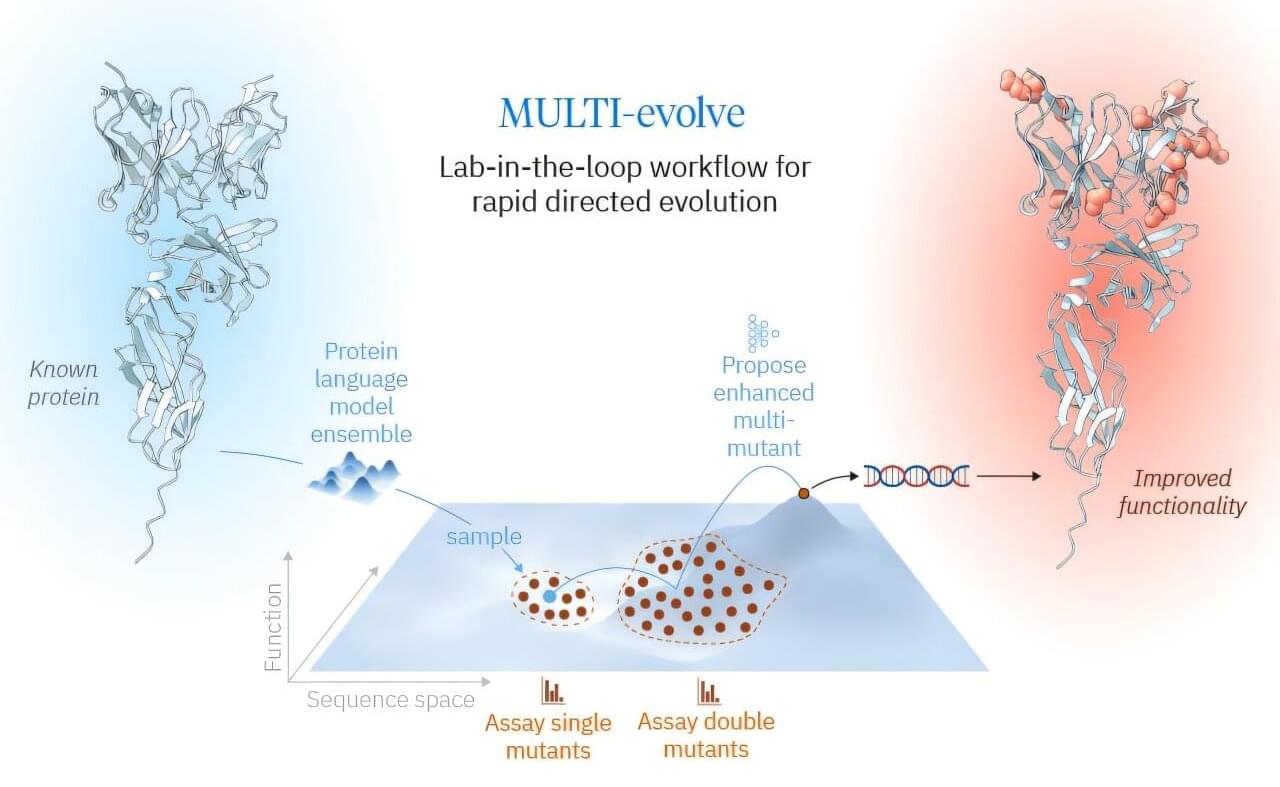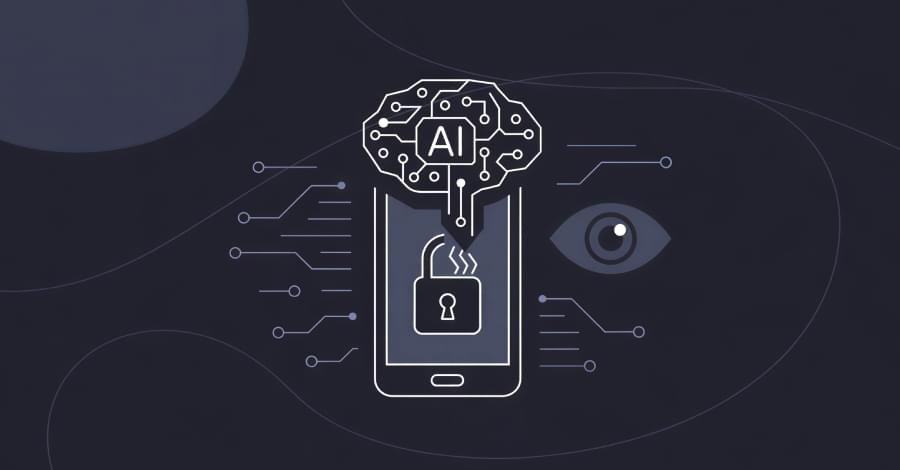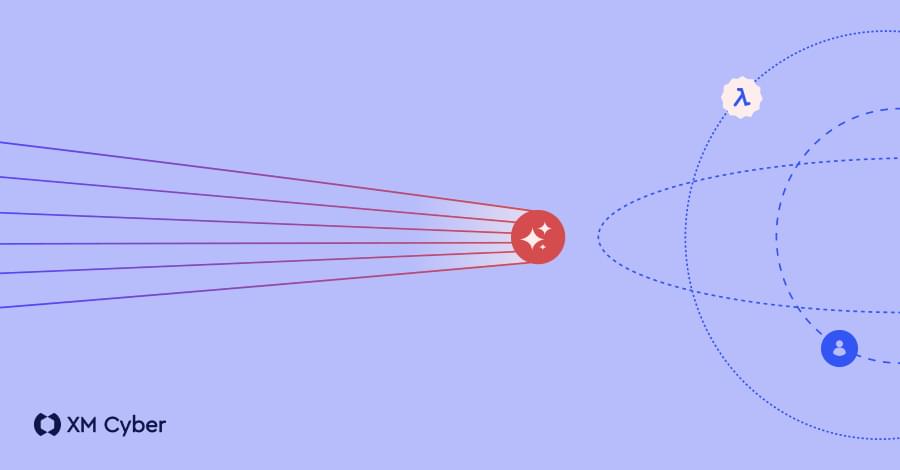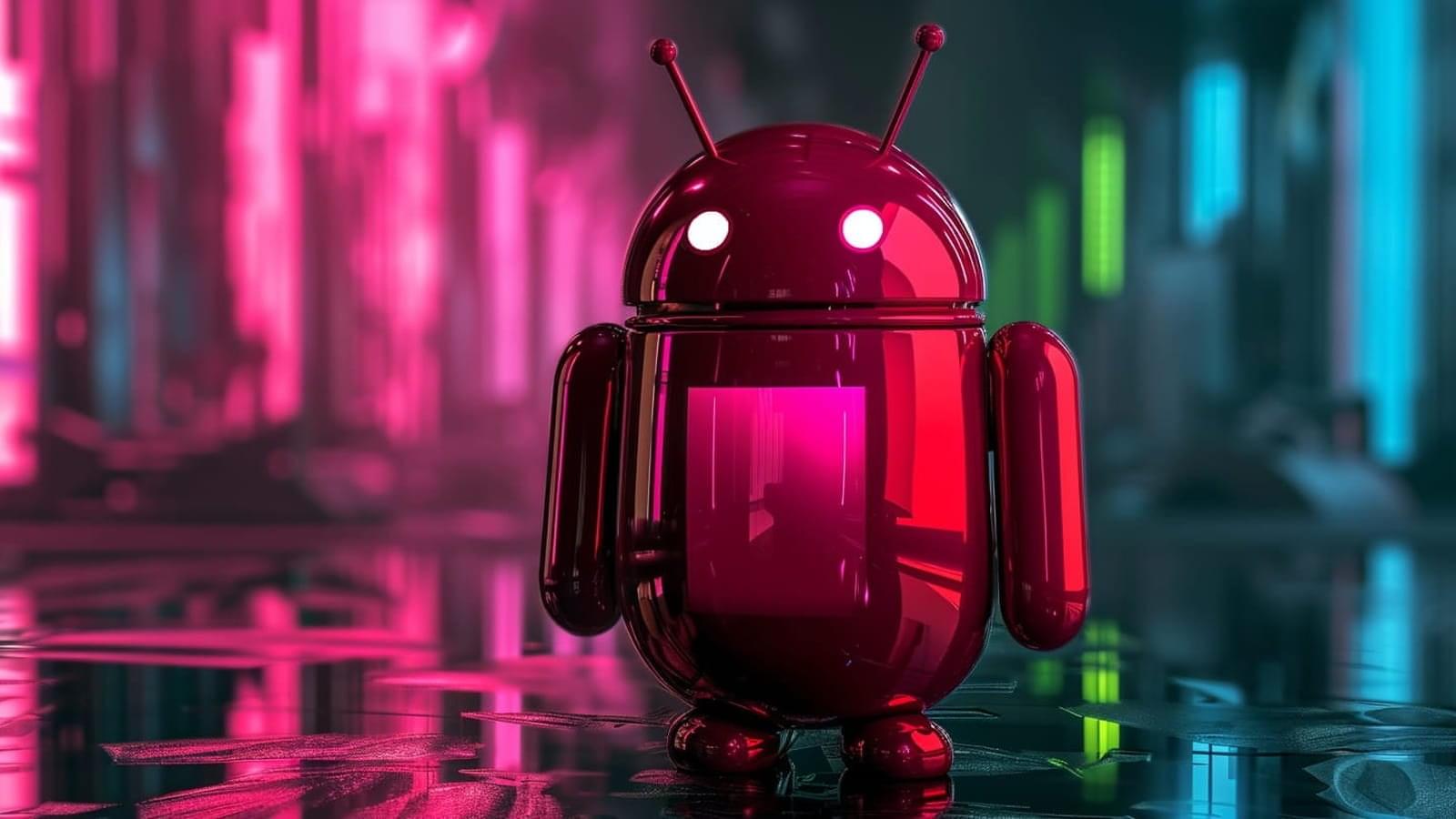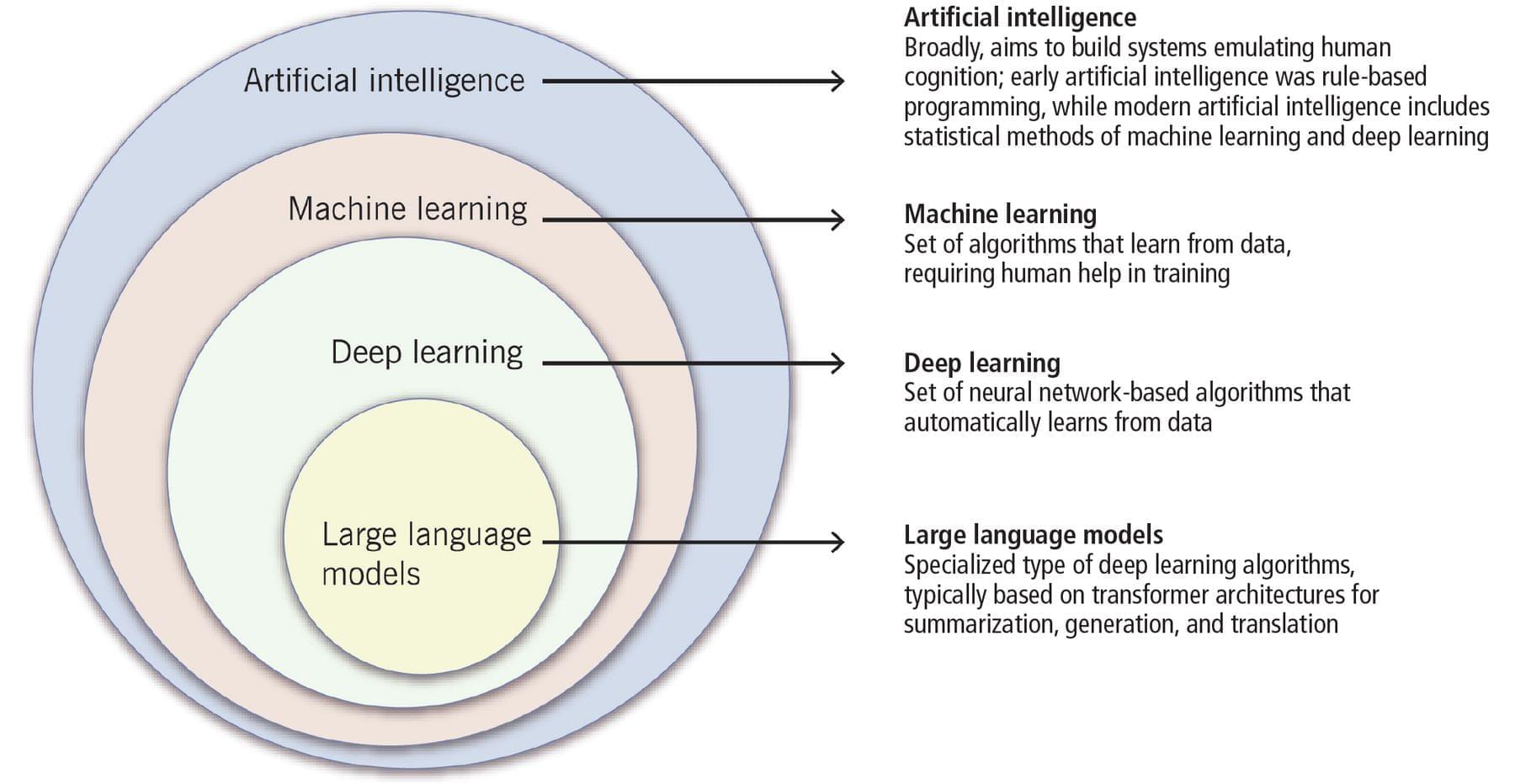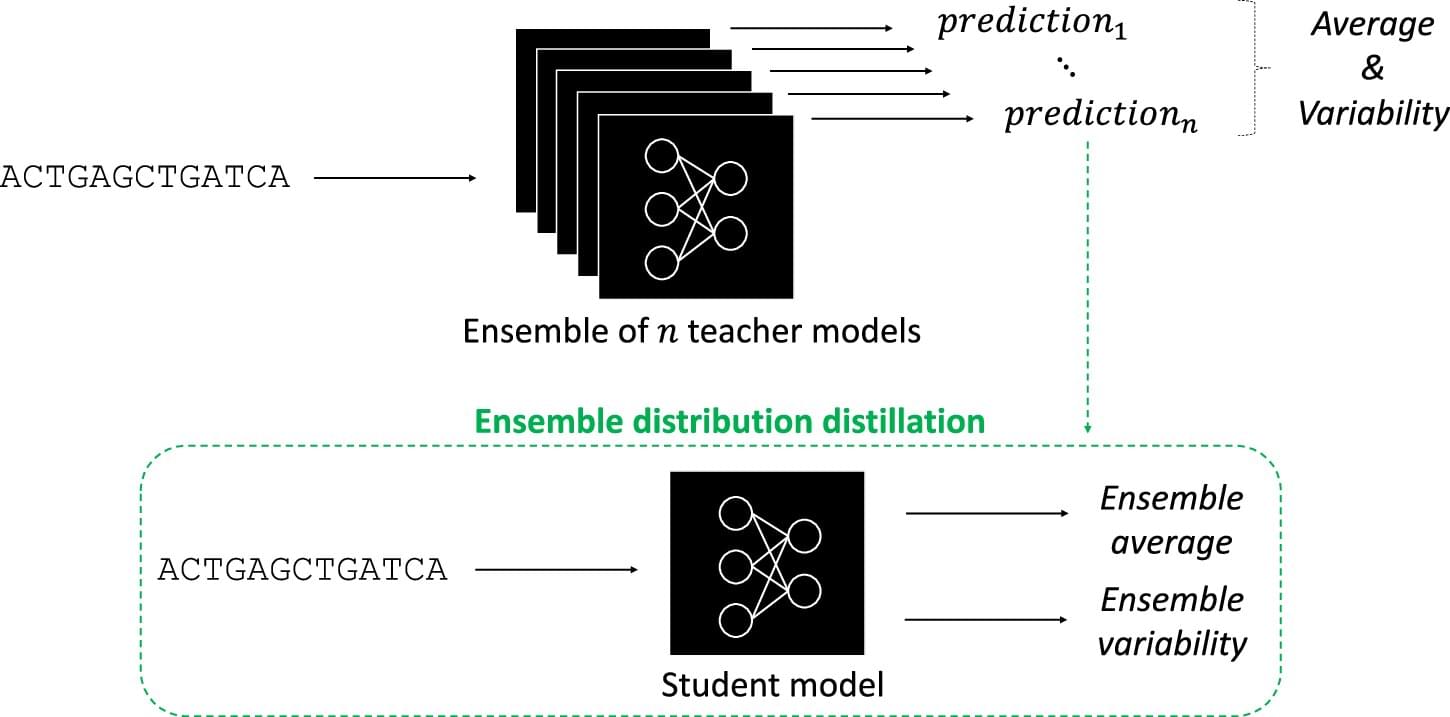Patreon: https://bit.ly/3v8OhY7
Main Channel: https://www.youtube.com/@robinsonerhardt.
Full Episode: https://youtu.be/XcNlv9gp20o.
Robinson’s Podcast #219 — Consciousness, Artificial Intelligence, and the Threat of AI Apocalypse.
Joscha Bach is a computer scientist and artificial intelligence researcher currently working with Liquid AI. He has previously done research at Harvard, MIT, Intel, and the AI Foundation. In this episode, Joscha and Robinson discuss the nature of consciousness—both in humans and synthetic—various theories of consciousness like panpsychism, physicalism, dualism, and Roger Penrose’s, the distinction between intelligence and artificial intelligence, the next developments of ChatGPT and other LLMs, OpenAI, and whether advances in AI will spell the end of humankind.
Joscha’s X: https://twitter.com/Plinz
